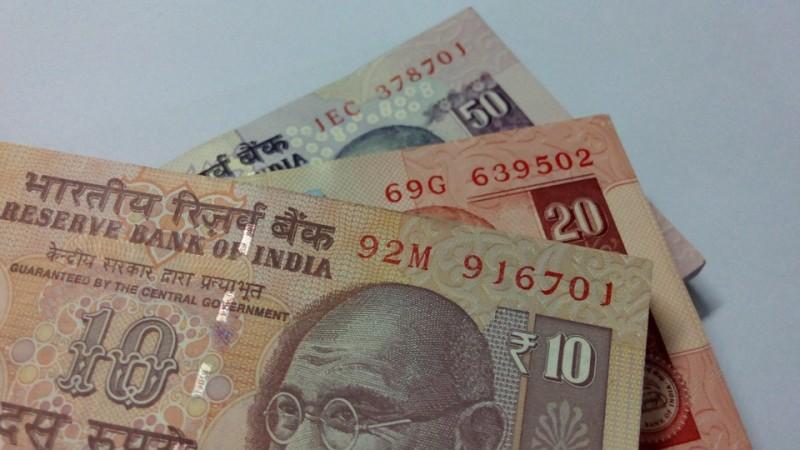
In a move to provide more benefits to the salaried class, the Parliament on Thursday passed the Payment of Gratuity (Amendment) Bill 2017.
The bill passed by Rajya Sabha proposes to allow the Central government to revise gratuity limits of employees in both the government and private sectors.
Tax-free gratuity limit doubled, Parliament passes billhttps://t.co/MqNtKA2a4J
— Riti Pathak (@RitiPathakSidhi) 22 March 2018
Here are five points to know about the Payment of Gratuity (Amendment) Bill 2017:
• The Payment of Gratuity (Amendment) Bill 2017 lets the government enhance the ceiling of tax-free gratuity to Rs 20 lakh from existing Rs 10 lakh for an employee under the Payment of Gratuity Act.
• At present, employees are eligible for a maximum of Rs 10 lakh tax-free gratuity limit fixed in 2010 if they have provided at least five years of continuous service at the time of termination.
• The new Bill also allows the Central government to fix the maternity leave period for the female employees. The maximum maternity leaves that can be availed according to the Gratuity 1972 Act are 12 weeks. Under the Payment of Gratuity (Amendment) Bill 2017, maternity leave is increased to 26 weeks.
• The gratuity law is applicable to employees, who have completed at least five years of continuous service in an establishment that has 10 or more persons.
• Payment of Gratuity (Amendment) Bill seeks to amend the Payment of Gratuity Act, 1972, which was enacted to provide for gratuity payment to employees engaged in factories, mines, oilfields, plantations, ports, railway companies, shops or other establishments.
The bill was moved by Labour Minister Santosh Kumar Gangwar. Last week the Lok Sabha had given its approval to the Payment of Gratuity (Amendment) Bill.
It is mandatory for any employer in the private sector or public sector who has 10 or more employees to pay gratuity to all employees.









!['Had denied Housefull franchise as they wanted me to wear a bikini': Tia Bajpai on turning down bold scripts [Exclusive]](https://data1.ibtimes.co.in/en/full/806605/had-denied-housefull-franchise-they-wanted-me-wear-bikini-tia-bajpai-turning-down-bold.png?w=220&h=138)



